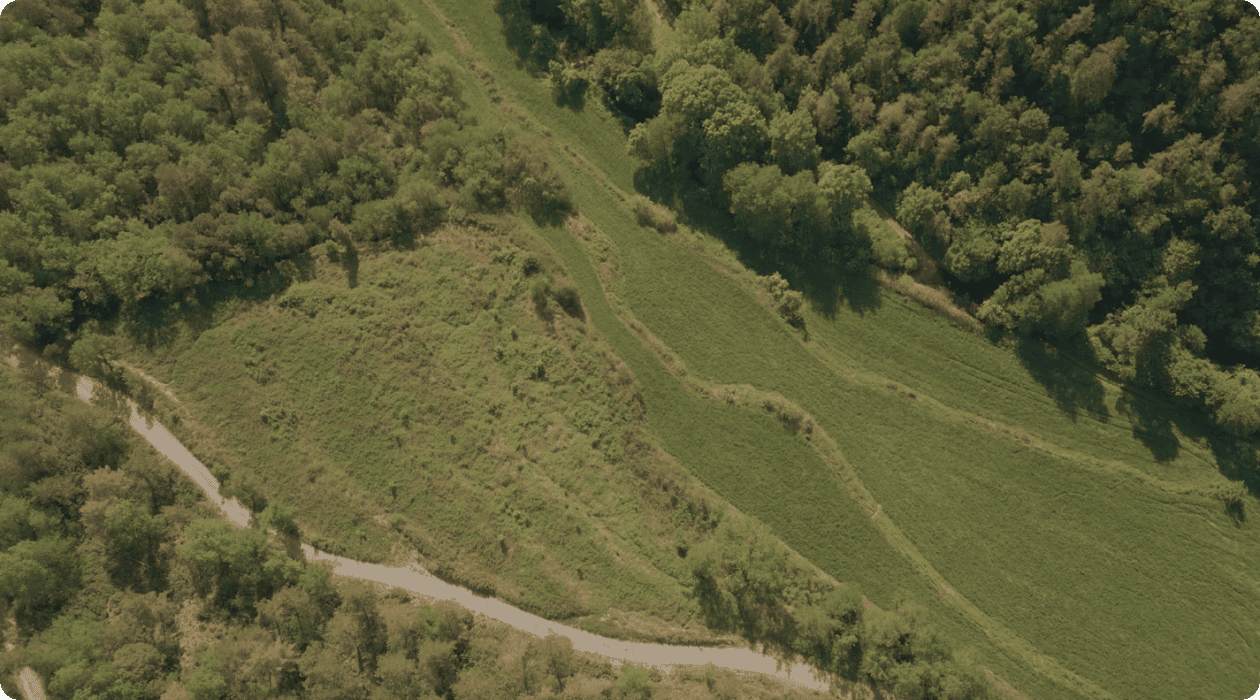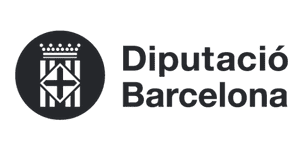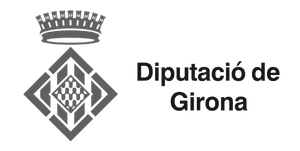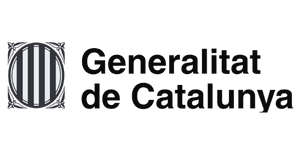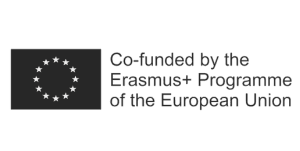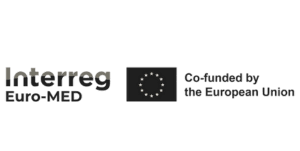How do we work to address the causes of your challenges?
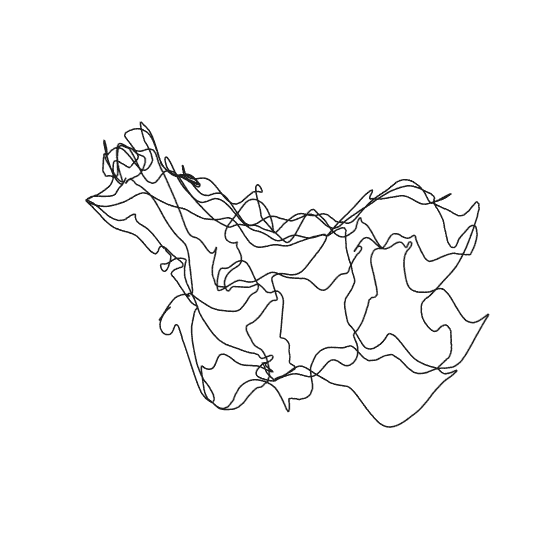
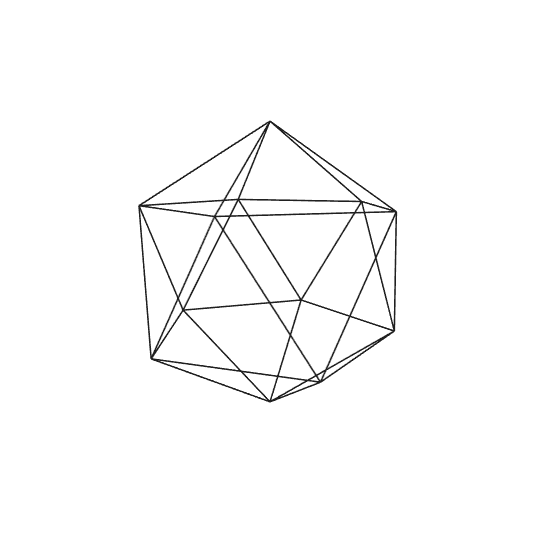
We identify the root causes
By connecting narratives, ecologies, and relationships, we help uncover the deeper story of a place or its origin. This understanding allows us to support the creation of responses that are aligned with the unique identity and context of each community or organization.
Design systemic solutions
We create strategies from a resilience-based perspective, activating latent potential to transform challenges into regenerative opportunities with real and meaningful impact.
Build capacity for self-management
We unlock the inherent capabilities of communities and organizations by fostering regenerative governance structures that empower them to lead their own transformation and evolve as living systems.
Capabilities
Our Capabilities
(capacities + abilities)
make us unique.
Open culture
Transparency
Social Justice and Equity
Open culture.
In Resilience.Earth we believe in open culture. We share our knowledge through our methodologies, research and tools under free licenses so that they can be used and improved by other people and groups under the same conditions that we have done. You will find all the resources published in the "Disruptive Tools" section, if you have any questions about the use of the tools you can contact us at info@resilience.earth
The Balanç Social and MEC.
The Balanç Social It is a tool of accountability and measure of social, environmental and good government impact driven by the Solidarity Economy Network (XES) of which Resilience.Earth is part of. With this balance we audit and evaluate systematically, objectively and periodically the economic functioning and policy of profit; gender perspective; equity and internal democracy; environmental sustainability; social commitment and cooperation; and the quality of work.
In addition, Resilience Earth is committed to internal transparency with members in all matters affecting the cooperative, by presenting annual general reports, annual financial reports, annual budgets, annual operational plans and the evolutionary strategic plan. To accompany this process we have created the Cooperative's Evolution Manual, an agile, transparent and coordinated tool for internal work.
Social Justice and Equity.
In Resilience.Earth we understand social justice and equity as essential foundations for ecosocial transformation. We work to regenerate relationships between people and the territory, focusing on the healing, diversity and community sovereignty. We engage ourselves with an intersectional and decolonial look that questions privileges, dismantles polarization, excluding power structures and opens spaces for the voice and leadership of historically oppressed groups. This includes constantly reviewing our practices, relationships and decision-making processes. We are committed to real equity within the team and in our alliances: with transparency in resource distribution, encouraging power decentralization, shared roles and creating safe, accessible and horizontal workspaces.
We work for a deep regeneration that not only replenishes our environmental impact, but repairs and healthy deep social and cultural wounds, walking towards life models worthy of all people.

